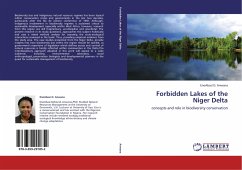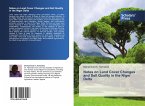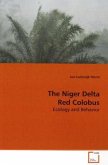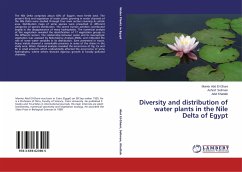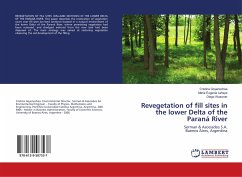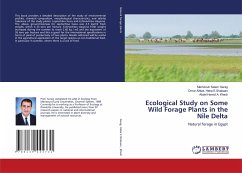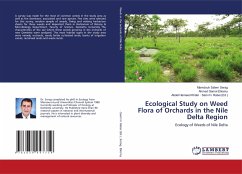Biodiversity loss and indigenous natural resource regimes has been topical within conservation circles and governments in the last two decades, particularly after the Rio de Jainero conference of 1992. Although, Indigenous involvement in biodiversity regimes is acclaimed critical to sustainable development especially within West Africa, however, research from this region are still fragmentary, uni-discipline and anecdotal. The present research in its study questions, approaches this subject holistically and uses a mixed method analysis for assessing the socio-ecological interactions reviewed in the book. Thus, providing empirical evidence from the study area. The case studies presented from the Niger Delta, provide insights into how biodiversity loss within the region should be tackled, as government's repertoire of legislation which defines access and control of natural resources is hardly reflected within communities in the Delta.The interdisciplinary approach adopted in this work will appeal to a wide audience; including environmental advocates, social anthropologist,conservation biologists and developmental planners in the quest for sustainable management of biodiversity
Bitte wählen Sie Ihr Anliegen aus.
Rechnungen
Retourenschein anfordern
Bestellstatus
Storno

